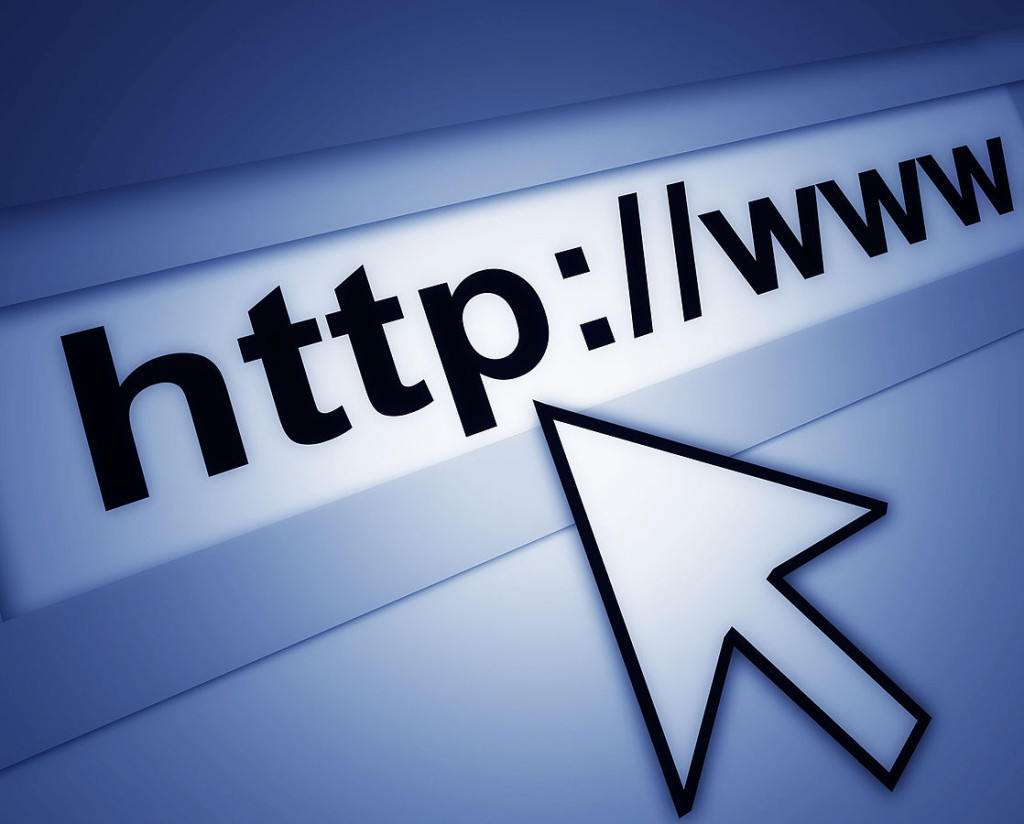Microsoft’s Affordable Access Initiative grant programme has for the second year in a row made a number of grants to entrepreneurs working to increase access to and affordability of internet services, with six African startups among the beneficiaries.
The programme offers grant recipients seed funding, mentorship and access to a network of peers to help them pilot and scale their solutions.
Areas of interest include last-mile internet access technologies, including the use of TV White Spaces and other forms of internet connectivity solutions, energy access for off-grid communities and Internet of Things (IoT) for agriculture. The goal is to deliver internet and energy access, and to create economic and academic opportunities as a result.
This year’s African recipients are Kukua Weather Services (Uganda), Solaris Offgrid (Tanzania), Standard Microgrid (Zambia), SunCulture (Kenya), VisionNet (Democratic Republic of Congo) and WrightGrid (Democratic Republic of Congo).
Grant recipients also receive Microsoft BizSpark, Microsoft’s development and test software that includes Azure, Windows, Visual Studio, Office and SQL Server. BizSpark comes with access to hundreds of free training classes and other technical content.
They also gain access to Microsoft Philanthropies, which provides digital literacy, online safety and computer science education programmes in communities in which Affordable Access Initiative grants are given.
“We’re inspired by our grantees’ passion to bring internet and energy access, and the economic benefits that flow from it, to parts of the world that need it most,” said Paul Garnett, senior director of Microsoft’s Affordable Access Initiatives. “It’s our privilege to support the work of innovators helping to improve their communities.”
VisionNet, one of the DRC recipients, uses cloud-managed Wi-Fi to provide low-cost internet access to rural university students, individuals and nongovernmental organisations. Founder Alex Okuonzi Bahati said he is determined to increase internet accessibility and affordability after his own frustrating experiences in secondary school.
“Internet was so expensive and considered to be a luxury. I had to pay US$1 to have access to the internet for 15 minutes, which was not enough time to perform my assignment,” he said.
He started his own company, and VisionNet is now rolling out “Pocket Cyber Cafes, wherby Wi-Fi hotspots are made available from area to area, depending on need. Bahati said the AAI grant will help him provide 24 hours of unlimited internet access at rates below market pricing.
“It is important for me to provide internet, especially in the education sector, because I believe in the power of education and how transformative access to information can be,” he said.


